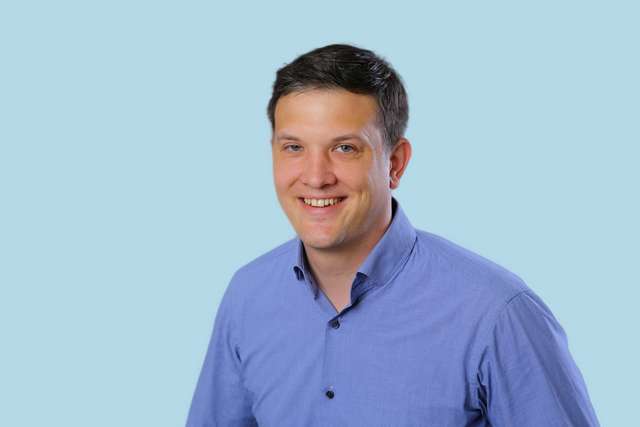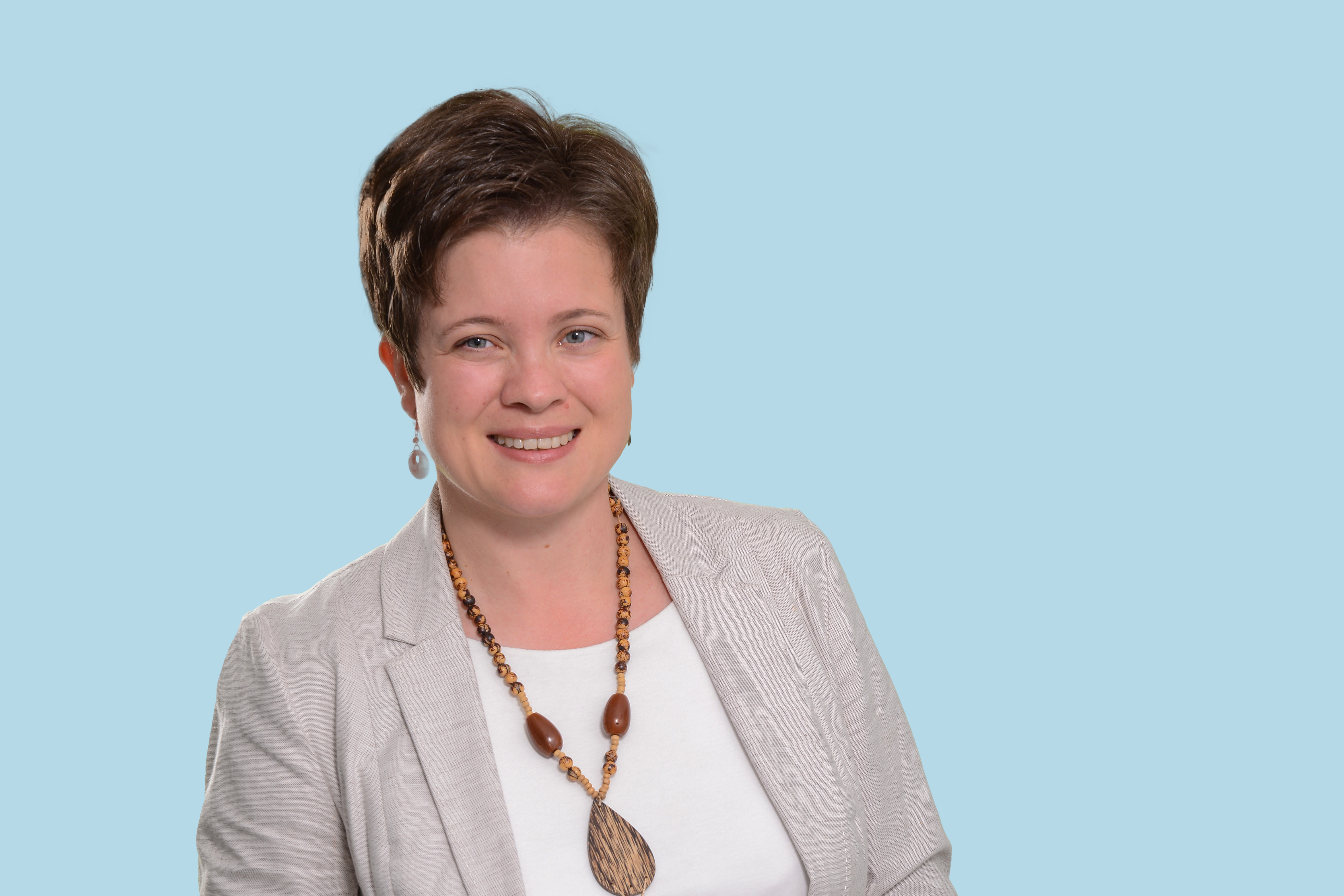„Computation Expertise Meets Polymer Science“
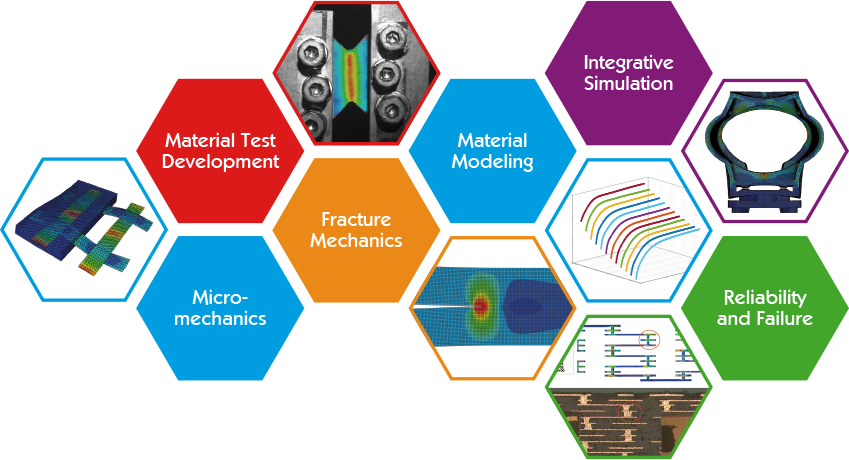
Competences and technical applications
In the PCCL research field Simulation and Modeling we work on numerical tools and methods that allow us to support industry partners to use polymers to their full capacity. We can make use of the in depth-knowledge in polymer science in the common center. We link the actual product performance to the macromolecular structure and morphology dependent material behavior making use of load case specific characterization methods and material models.
We focus on the finite element simulation method and use the models to predict and understand the (thermo-) mechanical material behavior. Material models and methods tailored to the specific engi-neering problem allow us to evaluate the performance of polymer-based systems with respect to their function, reliability and lifetime. Gained results again can be used as basis for possible improvements in component design and material choice.
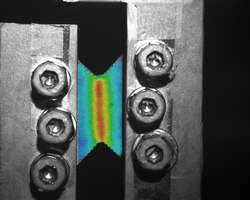 We are experienced in the characterization and the finite element implementation of the material behavior of most commercial polymers and polymer composites under various loading conditions. Together with the set-up of problem specific non-standardized experimental tests, the development of material models representing the complex deformation and damage behavior of individual polymers is a key aspect within our group. Frequently applied material laws take into account a dependency on time, temperature and anisotropy. Besides the adequate description of the material behavior, often also advanced modeling strategies are necessary to address a simulation problem. Non-standard approaches are applied for example to describe localized damage, process induced effects or multi-material systems.
We are experienced in the characterization and the finite element implementation of the material behavior of most commercial polymers and polymer composites under various loading conditions. Together with the set-up of problem specific non-standardized experimental tests, the development of material models representing the complex deformation and damage behavior of individual polymers is a key aspect within our group. Frequently applied material laws take into account a dependency on time, temperature and anisotropy. Besides the adequate description of the material behavior, often also advanced modeling strategies are necessary to address a simulation problem. Non-standard approaches are applied for example to describe localized damage, process induced effects or multi-material systems.
Partners work with us in long-term research projects on the development of new constitutive laws and modeling strategies as well as in simulations on demand. Our research partners from industry operate in the microelectronics-, electromechanical-, automotive-,aircraft- and tooling field. With our particular competences we are integrated in an experienced national and international scientific network.
Scientific Approach
In the division of Simulation and Modeling we focus on the development of characterization methods, constitutive laws and modeling strategies in the field of finite element simulation of polymers and polymer composites. Together with international scientific partners and long-term industry partners we work on basic new methods and simulation approaches which are established for applied research tasks.
As basis for the simulation models we design and perform tailored experimental analyses. Next to standardized tests we work amongst others for example on time, temperature and cycle dependent test set-ups taking into account the creep-, impact-, anisotropic- or fatigue material behavior.
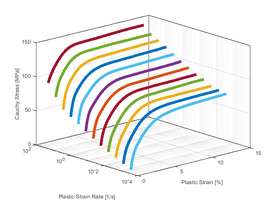 Based on the experimental data constitutive laws which are implemented in a finite element software are worked on. Either existing models are applied or if necessary new material models or element types are developed. We particularly consider viscoelasticity, viscoplasticity, anisotropy, damage and failure in our modeling approaches. Doing so for example new models have been proposed for non-linear viscoelasticity, strain-rate dependent failure, cyclic cohesive crack growth or anisotropic hyperelastic behavior.
Based on the experimental data constitutive laws which are implemented in a finite element software are worked on. Either existing models are applied or if necessary new material models or element types are developed. We particularly consider viscoelasticity, viscoplasticity, anisotropy, damage and failure in our modeling approaches. Doing so for example new models have been proposed for non-linear viscoelasticity, strain-rate dependent failure, cyclic cohesive crack growth or anisotropic hyperelastic behavior.
A focus is set on the modeling of interfaces. Thereby, fracture mechanics based concepts are applied and debonding or delamination is simulated and predicted. Doing so, individual fracture modes and fatigue is taken into account. Another field of research are process induced influences with respect to fiber orientation and residual stresses based on molding simulations and curing kinetics studies.
The constitutive modeling of soft materials is closely coordinated with the research on the experi-mental characterization of elastomers within the center. It is worked for example on hyperelastic material models which take into account defined reinforcements. With respect to composite materials, micromechanics models, either analytical or numerical, are applied for various material combinations in order to derive the deformation and failure behavior of reinforced materials.
The scientific recognition of the research group Simulation and Modeling at PCCL is represented by numerous reviewed publications and presentations at international conferences. Regular contributions of our research division are featured by established conferences related to our research focus as for example the ‘International Conference on Thermal, Mechanical and Multi-Physics Simulation and Experiments in Microelectronics and Microsystems’, the ‘International Conference on Fracture of Polymers, Composites and Adhesives’, the ‘SEM International Congress & Exposition on Experimental & Applied Mechanics, the Mechanics of Time Dependent Materials Conference’, the ‘International Mechanical Engineering Congress & Exposition’ and the ‘Electronics Packaging Technology Conference’.
Research Groups
The division ‚Simulation and Modeling‘ is organized in 2 groups:
„Simulation Strategies for Polymer and Polymer Composite Designs “ (headed by Dr. Peter Fuchs)
„Material Modeling for Polymer and Polymer Composite Materials“ (headed by Dr. Margit Lang)
















